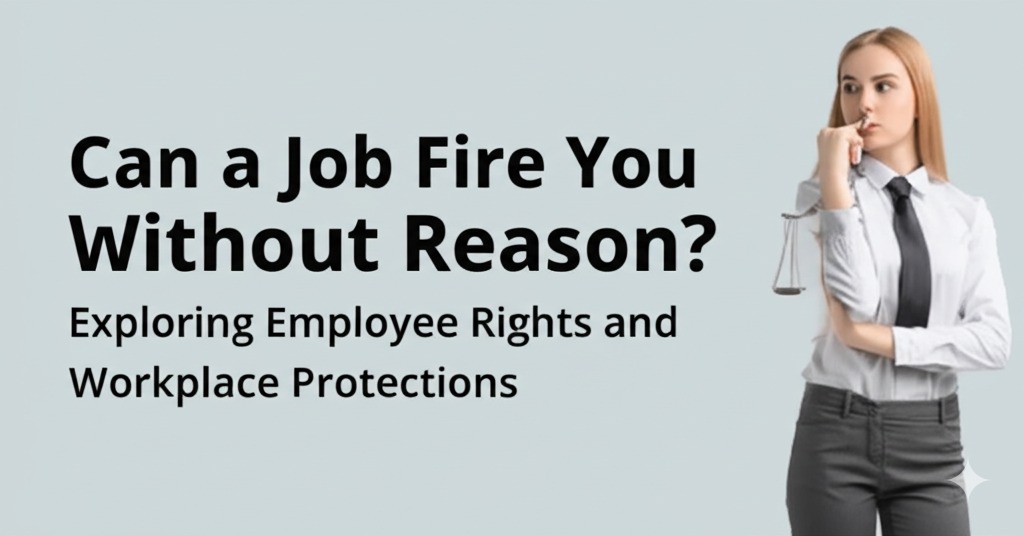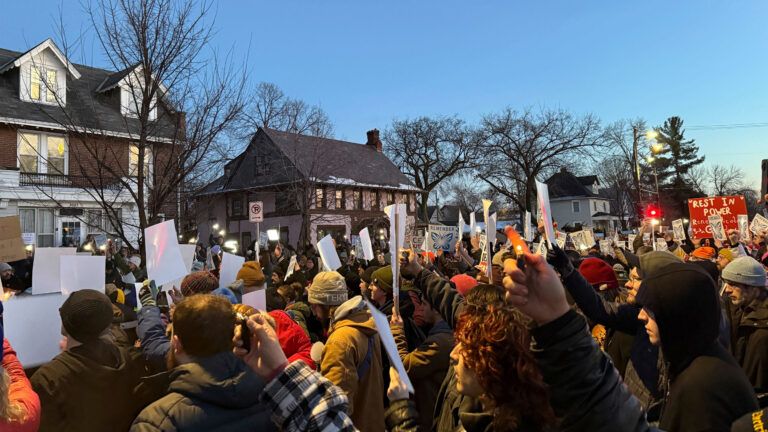
Losing a job can be a stressful and unsettling experience, and many employees wonder if their employer can let them go without cause. This is a common question, especially in industries with at-will employment policies. So, can a job fire you without reason? In this article, we will explore the answer, shedding light on important concepts like at-will employment, exceptions to firing rules, and what employees can do to protect themselves.
What Is At-Will Employment?
Understanding At-Will Employment
At-will employment is the default employment relationship in many places, particularly in the United States. Under this arrangement, an employer can terminate an employee for any reason, or even for no reason at all, without facing legal consequences. Similarly, employees can leave their job without reason or notice, unless they have a contract stating otherwise.
Key Characteristics of At-Will Employment
- Employer’s discretion: Employers can hire or fire employees at any time, for any legal reason.
- Employee flexibility: Employees can also resign without notice or reason.
- No contract required: At-will employment doesn’t require a formal employment contract.
However, while at-will employment provides flexibility, it doesn’t mean employers have unrestricted power.
Exceptions to At-Will Employment
Wrongful Termination: When Is Firing Unlawful?
Although at-will employment allows for terminations without cause, there are exceptions. In certain situations, firing an employee may be considered unlawful. Here are some key exceptions:
- Discrimination: Employers cannot fire employees based on race, color, national origin, sex, disability, religion, or age, as defined by federal and state laws.
- Retaliation: If an employee is fired for engaging in a protected activity (e.g., filing a workers’ compensation claim, whistleblowing, or reporting harassment), it could be considered retaliatory and unlawful.
- Breach of Contract: If an employee has a contract that guarantees job security or outlines specific termination conditions, firing without adhering to the terms of that contract could lead to a lawsuit.
Public Policy Exceptions
Some states have specific laws that protect employees from being fired for reasons that violate public policy, such as:
- Refusing to break the law: For instance, an employee cannot be fired for refusing to engage in illegal activities on behalf of the employer.
- Exercising legal rights: Employees cannot be fired for voting, taking family or medical leave, or taking time off for jury duty.
How to Protect Yourself from Unfair Termination
Understand Your Employment Rights
Being aware of your rights as an employee is crucial. Familiarize yourself with local and federal labor laws to understand what constitutes illegal firing practices. Some resources that can help include:
- The Equal Employment Opportunity Commission (EEOC)
- The Department of Labor (DOL)
- State labor boards
Keep Documentation
In case of disputes, it’s always helpful to document important conversations, performance reviews, and any written communication you receive from your employer. If you believe you are at risk of unfair termination, keeping a record of everything can provide vital support should you need to take legal action.
Consider a Contract or Employee Handbook
Having a written contract or reviewing the employee handbook can clarify the terms of your employment and any grounds for dismissal. If you are concerned about job security, negotiate terms in your contract to ensure protection from arbitrary termination.
Seek Legal Advice
If you feel that you’ve been unfairly terminated, consulting with an employment attorney can help you understand whether you have grounds for a lawsuit. An experienced lawyer can review your case, advise you on your next steps, and help you navigate the legal complexities of wrongful termination claims.
What to Do If You Are Fired Without Reason
Understand the Terms of Your Firing
If you are fired without reason, the first step is to ask your employer for clarification about the reason behind your dismissal. While they may not be legally obligated to provide a reason under at-will employment, it’s often in the best interest of both parties to maintain transparency.
Explore Unemployment Benefits
If you were fired without cause, you might be eligible for unemployment benefits. These benefits provide temporary financial support while you search for new employment. Contact your state’s unemployment office to determine your eligibility and application process.
Look for New Opportunities
Being fired can often be a blessing in disguise, providing you with the opportunity to explore new career paths. Update your resume, network with professionals in your field, and begin searching for new job opportunities.
Conclusion: Can You Be Fired Without Reason?
In most cases, yes, you can be fired without reason, especially under at-will employment. However, there are significant exceptions, including unlawful discrimination, retaliation, and breaches of contract. Understanding your rights and knowing how to protect yourself can help ensure that you are treated fairly in the workplace.
If you’ve been wrongfully terminated or are concerned about your job security, don’t hesitate to reach out to legal professionals to explore your options. Staying informed about your rights can make all the difference in a challenging situation.

Andre Cuevas provides career insights, job search strategies, and professional advice to help individuals navigate the job market and achieve their career goals.






